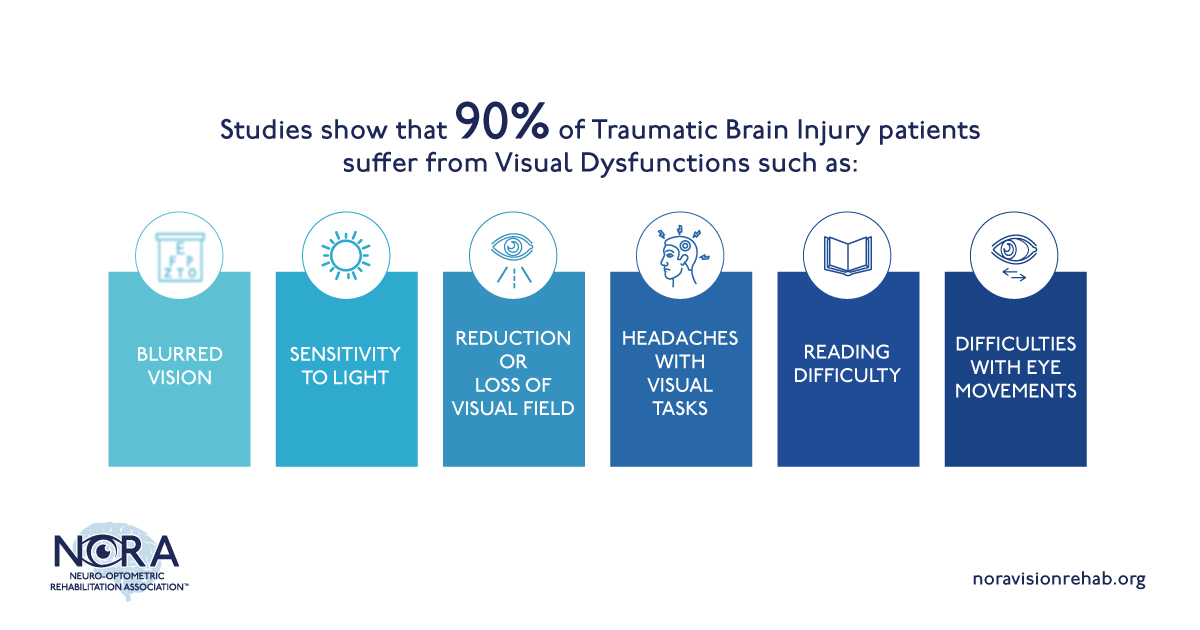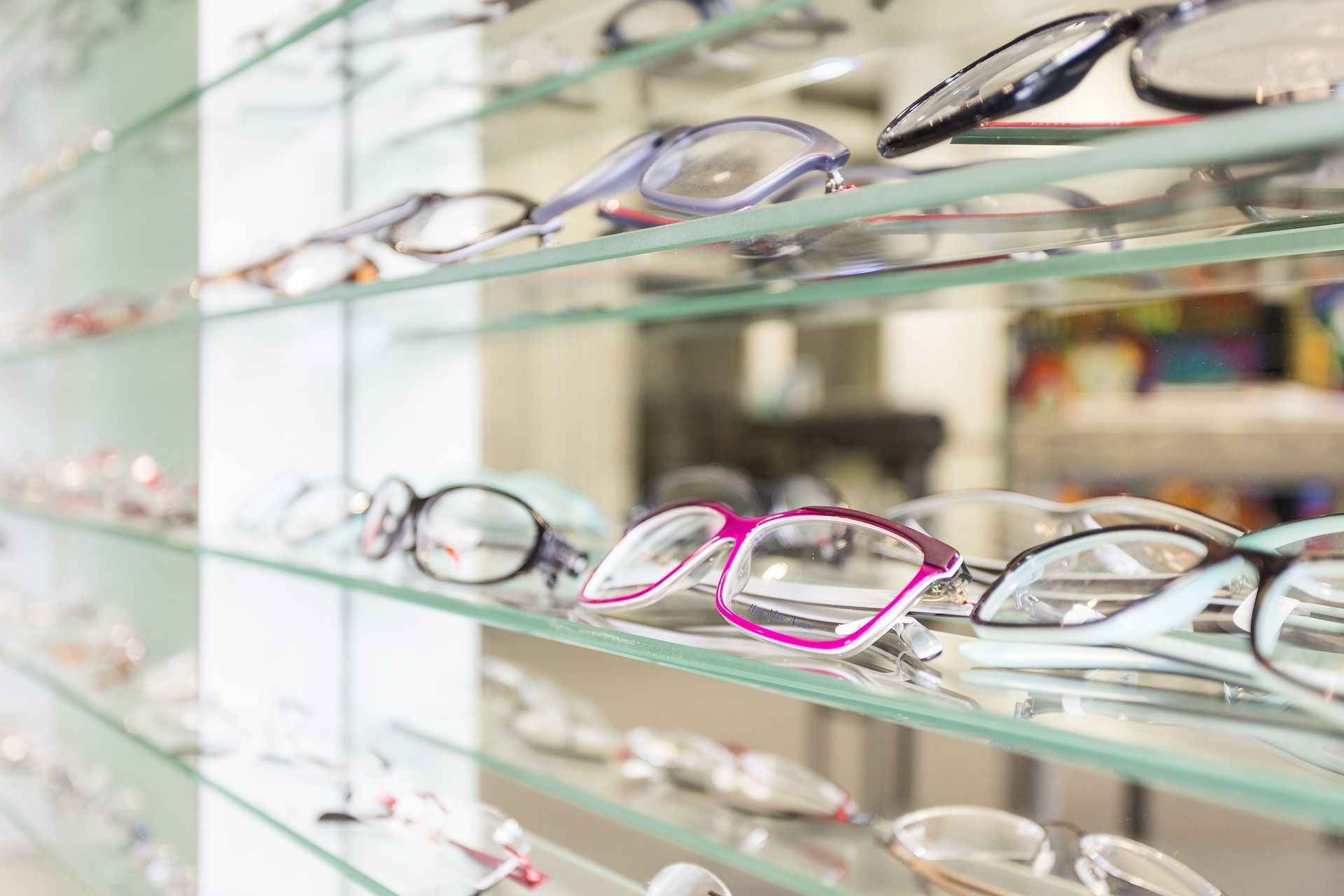Vision Therapy For Brain Injury: Neuro-Optometric Rehabilitative Therapy At Eye Health Centre
Contrary to what you might think, it is the brain, and not the eyes, that is the key to seeing well. Your vision is really the sum total of how your brain receives visual information and then interprets and processes that information to permit you to see. The accuracy of that process depends on a healthy brain correctly going about this processing.
There are many potential causes of brain injuries that can result in vision problems.
Following a TBI, there is often an interruption in communication between the eyes and the brain. Studies show that 90 percent of TBI patients suffer from visual dysfunctions6 such as, but not limited to, blurred vision, sensitivity to light, reading difficulty, headaches with visual tasks, reduction or loss of visual field, and difficulties with eye movements. Visual function is often overlooked in diagnosing brain injury symptoms, particularly during initial treatment of the injury. Vision problems that are left untreated can have serious consequences.
Individuals of all ages who have experienced some sort of neurological insult or injury and who are experiencing visual symptoms can benefit from a vision assessment from a Neuro-Optometric Rehabilitation Optometrist, an eye care professional who specializes in the diagnosis and treatment/rehabilitation of neurological conditions adversely affecting the visual system. Neuro-Optometric Rehabilitation is a process for the rehabilitation of visual, perceptual, and motor disorders. Clinical experience and research studies document the improved performance of patients who have completed a vision rehabilitation program.
When a person has an ABI, often one type of rehabilitation is not enough to address all of his/her needs. An interdisciplinary, integrated team approach can play a vital role in the rehabilitation of patients with concussions, stroke or other neurological deficits. In addition to optometrists, rehabilitation team members may include nurses, physical and occupational therapists, speech-language pathologists, physical medicine and rehab physicians, neurologists, neuropsychologists, audiologists, ophthalmologists, and others.

